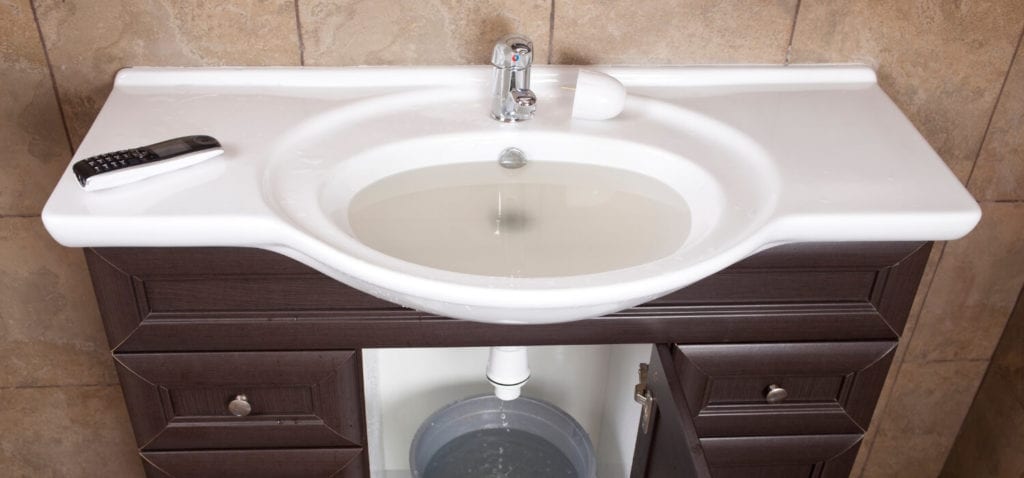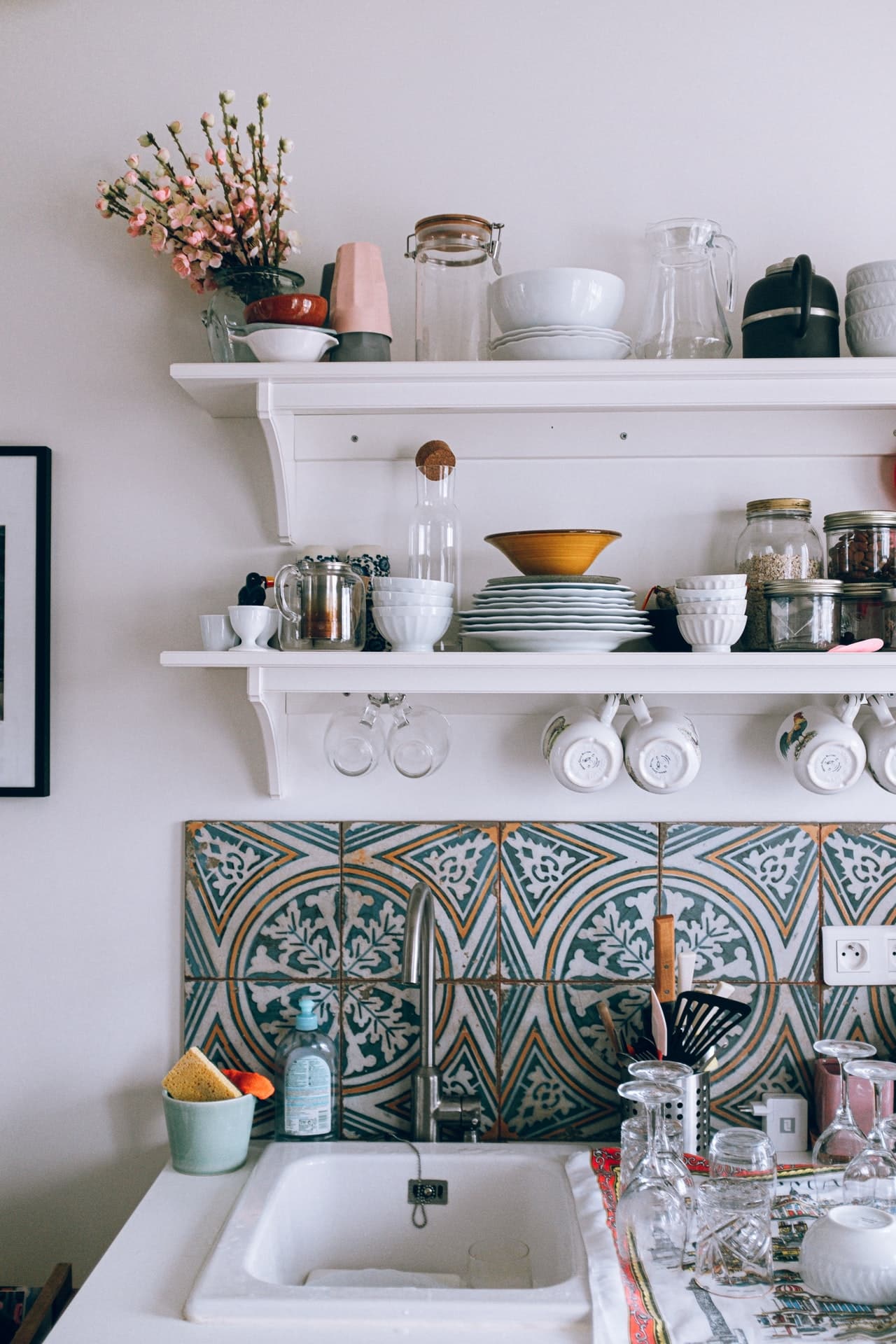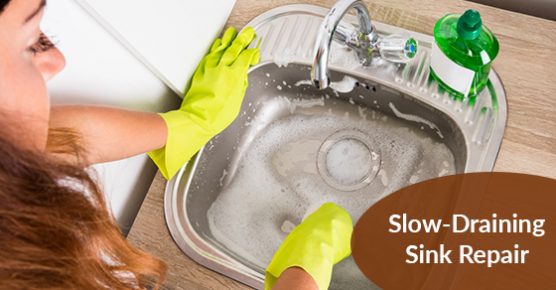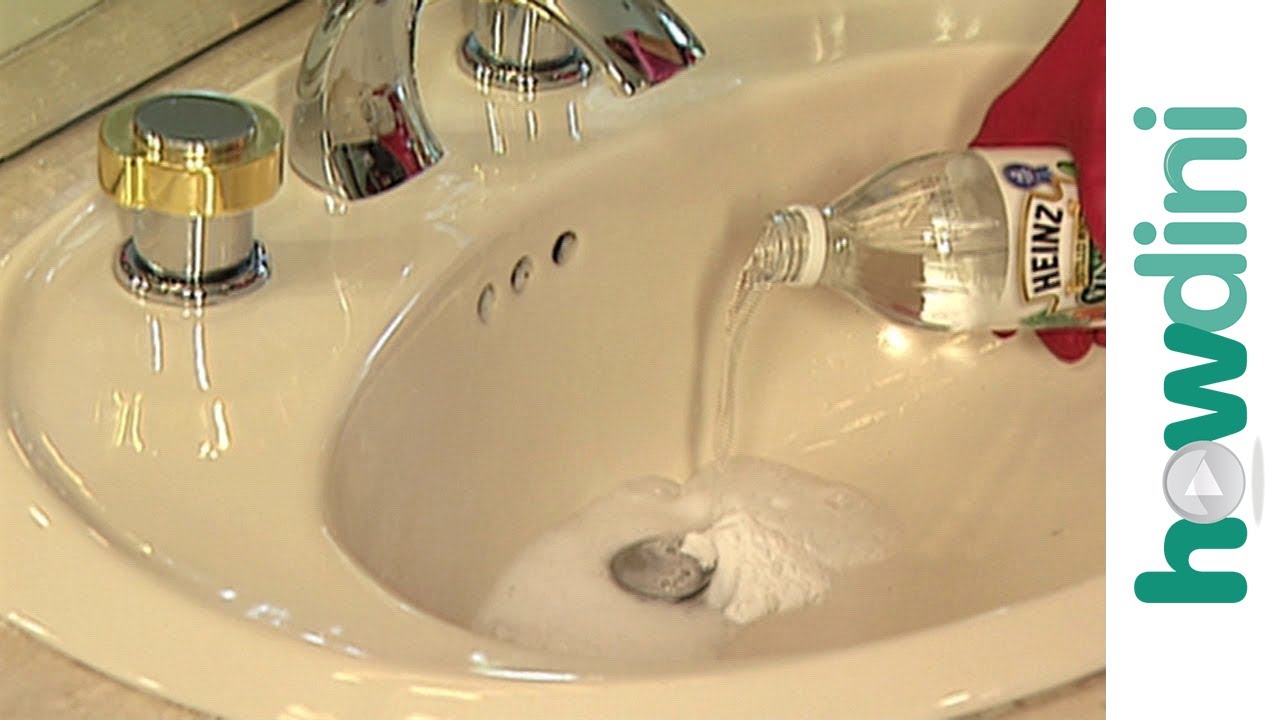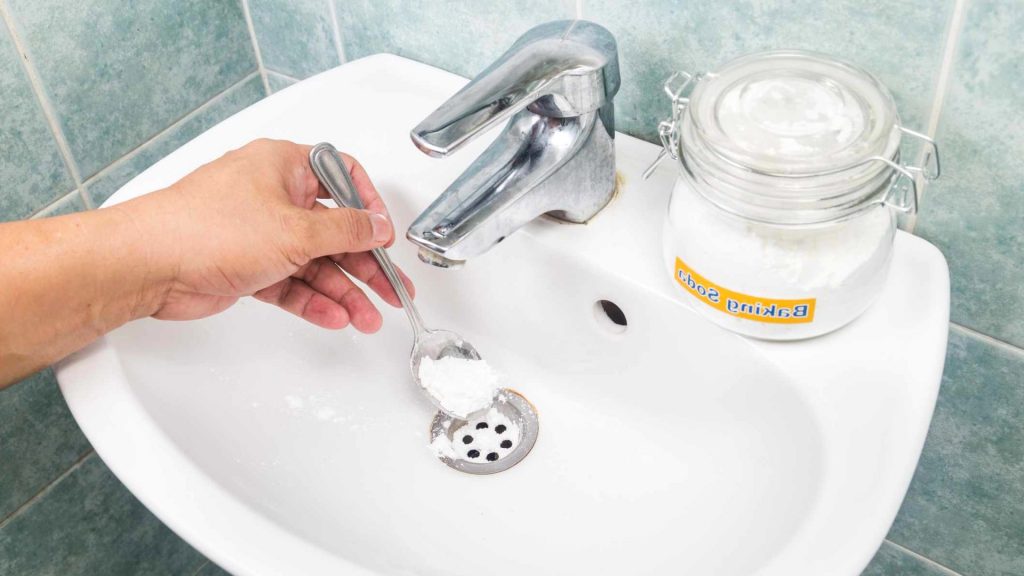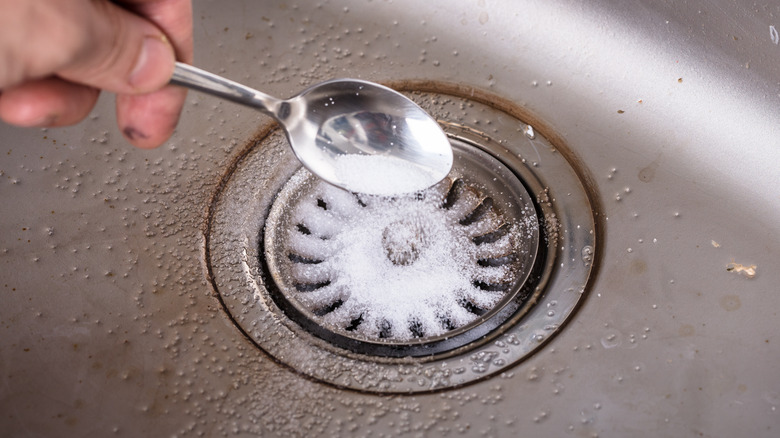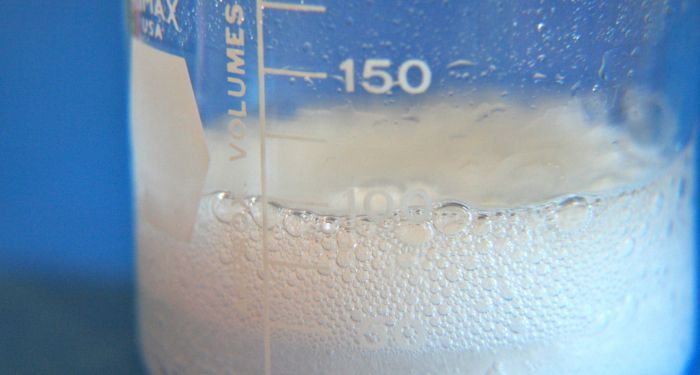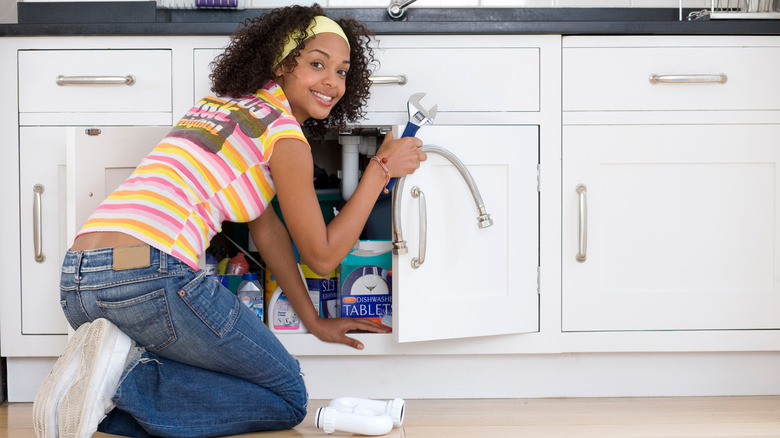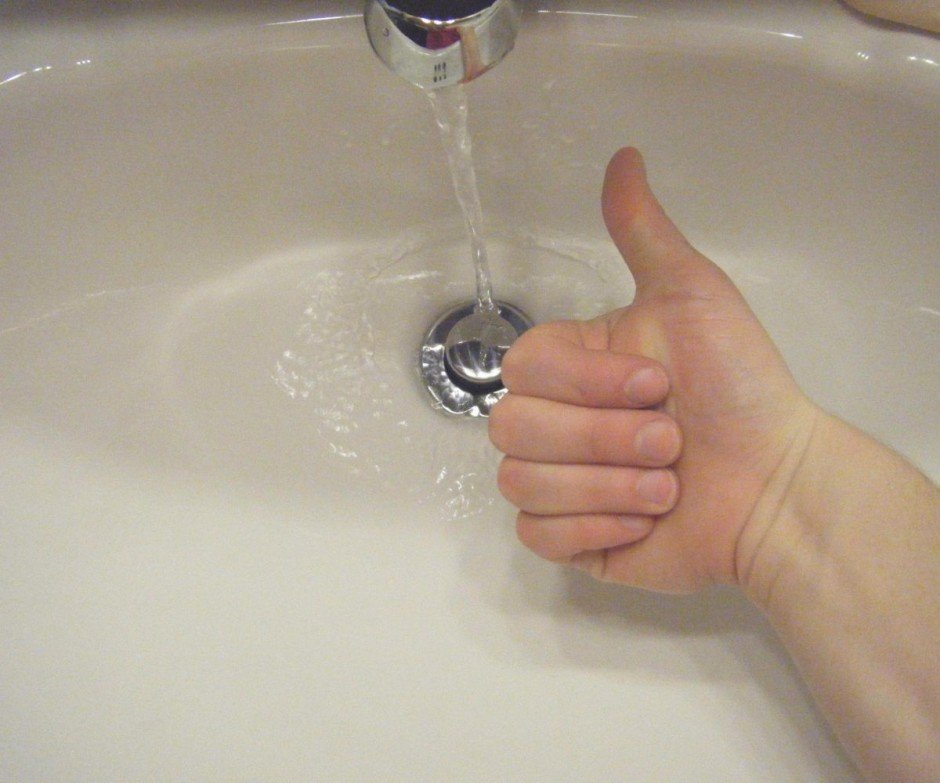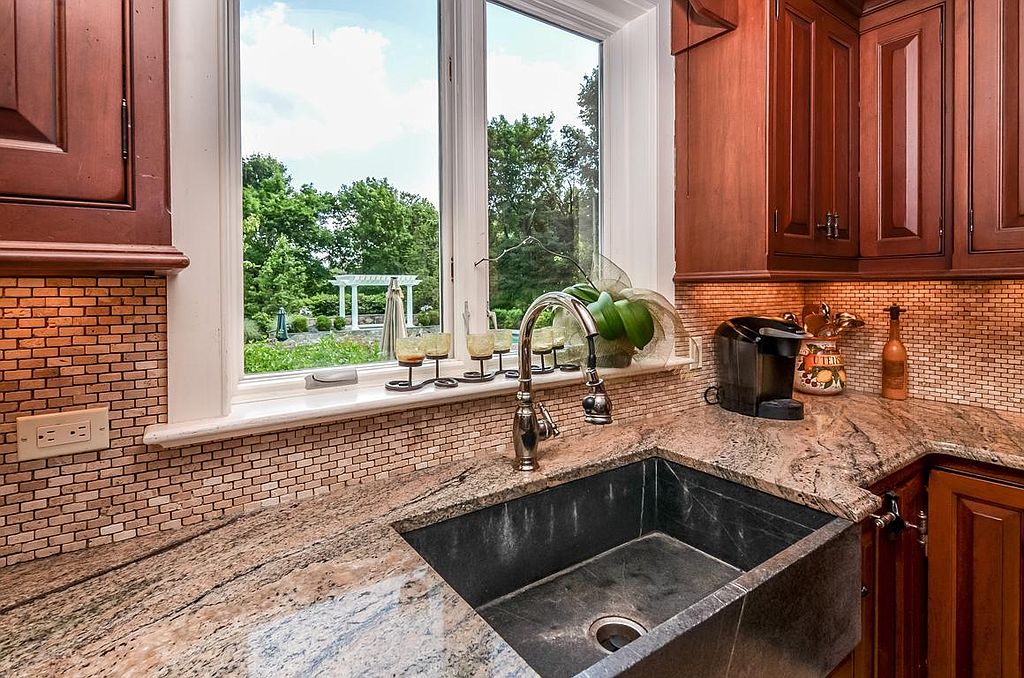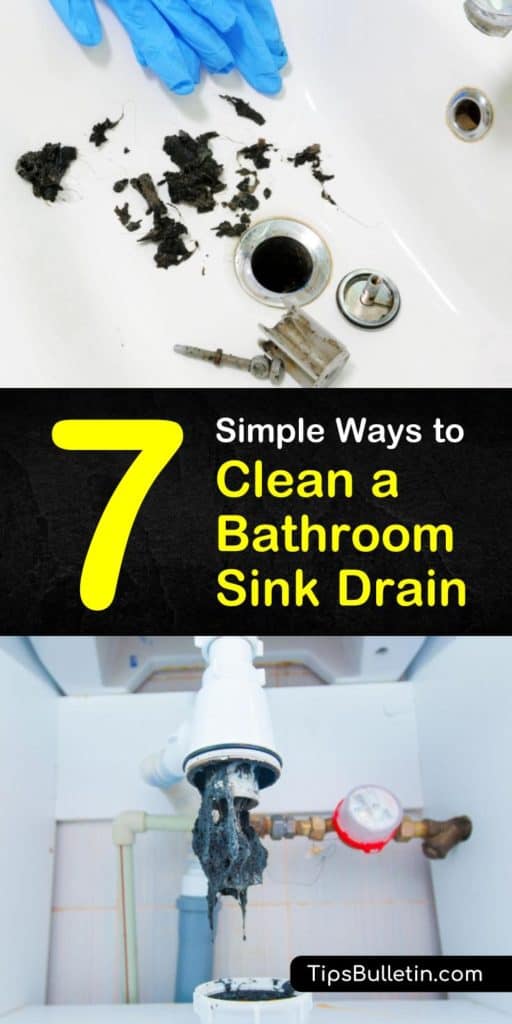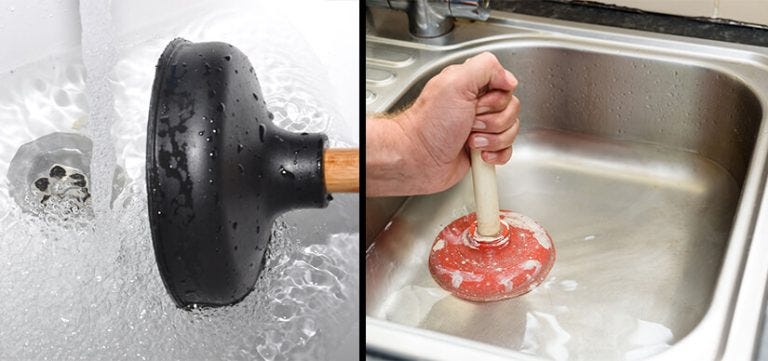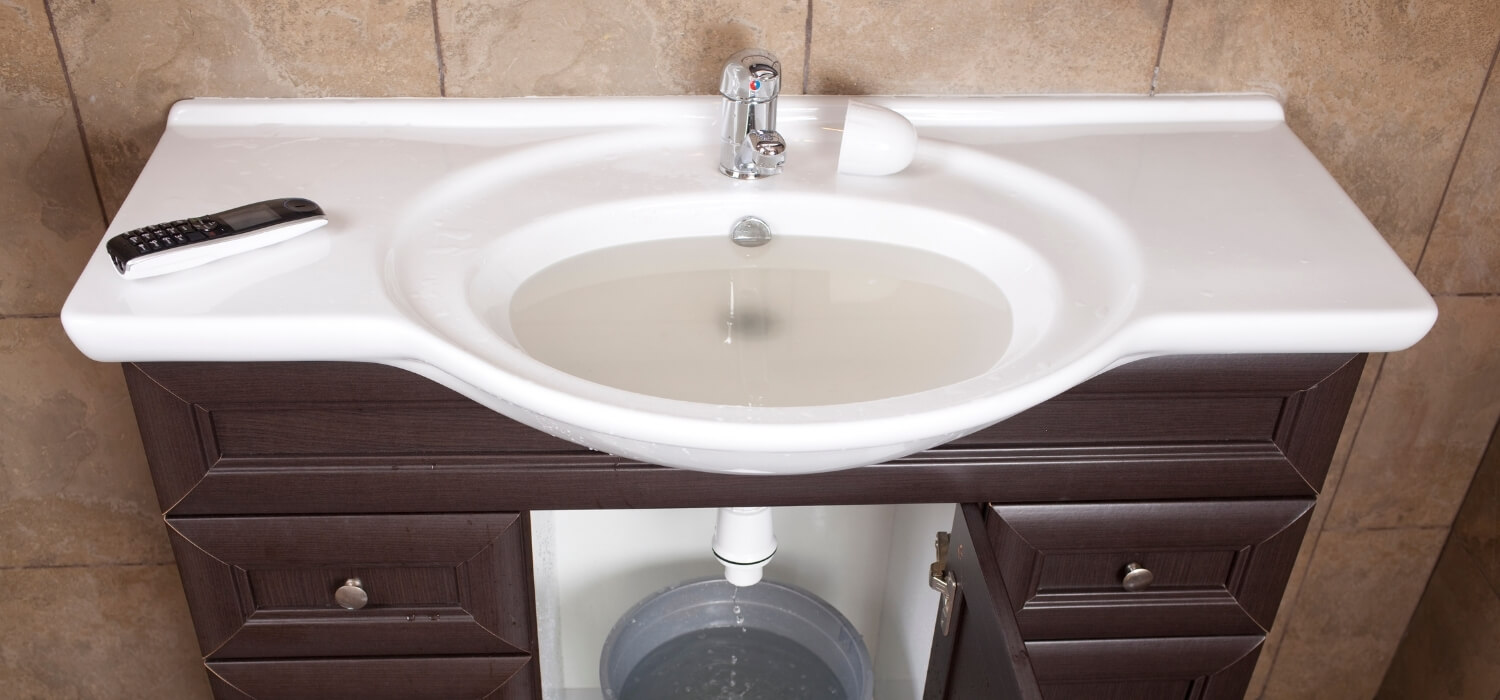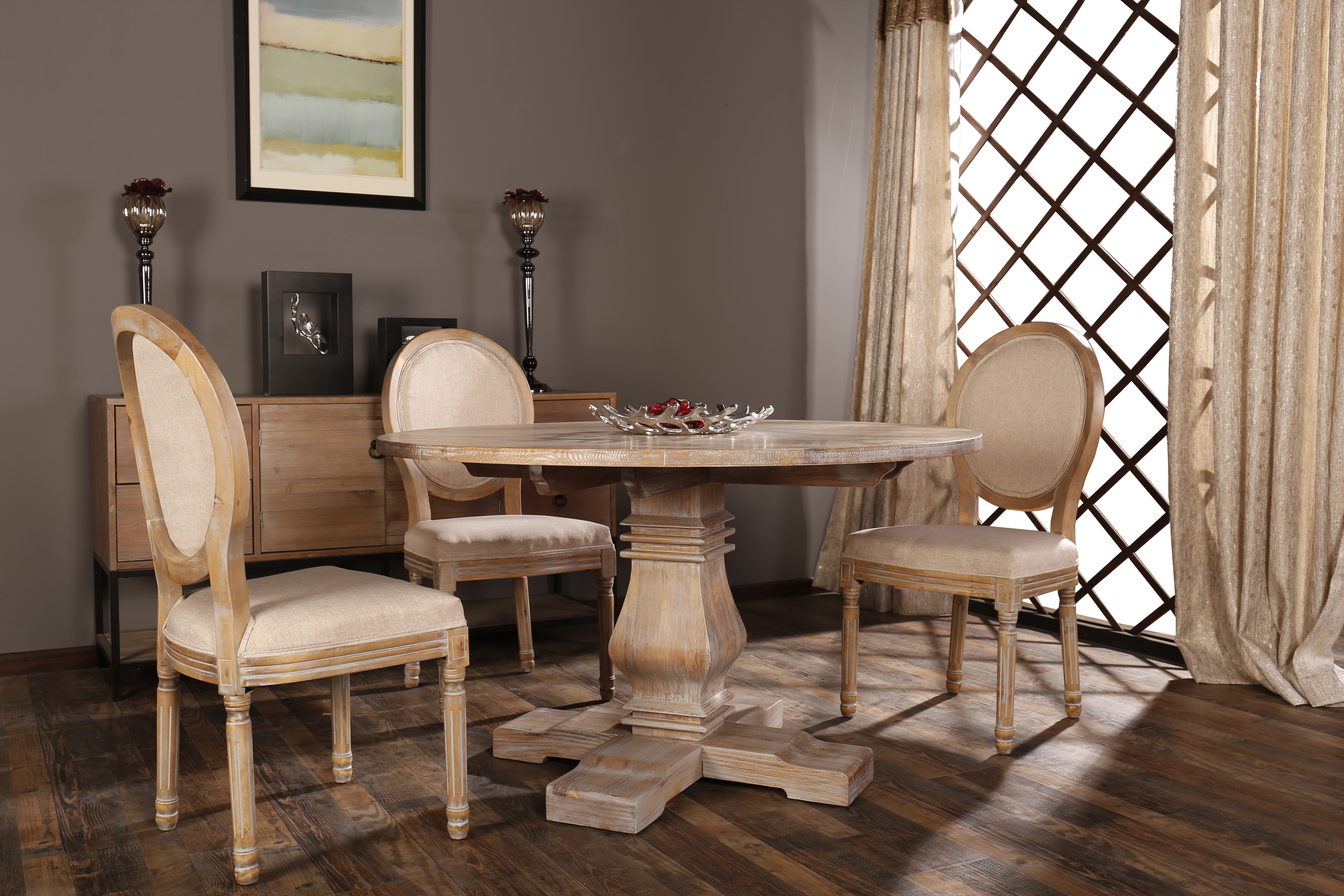Is your bathroom sink taking longer than usual to drain? This can be a frustrating problem to deal with, but luckily there are simple solutions you can try at home. With just a few household items, you can easily unclog a slow draining bathroom sink and get it back to working properly. Let's explore some methods that can help you get the job done. Unclog a Slow Draining Bathroom Sink
Before reaching for harsh chemicals, try a more natural approach to unclogging your sink. One effective method is using a combination of baking soda and vinegar. Start by pouring ½ cup of baking soda down the drain, followed by 1 cup of vinegar. The mixture will create a foaming reaction, which helps to break down any clogs in the pipes. Let it sit for about 10 minutes, then flush the drain with hot water. This should help to loosen and clear any debris causing the slow drain. How to Fix a Slow Draining Sink
Baking soda and vinegar are a powerful combination that can help unclog a slow draining sink. The chemical reaction between the two ingredients creates a bubbling effect, which can help remove any buildup in the pipes. To do this, pour ½ cup of baking soda down the drain, followed by 1 cup of vinegar. Cover the drain with a cloth or stopper to contain the foaming mixture. After 10 minutes, remove the cover and flush the drain with hot water. Baking Soda and Vinegar for Slow Draining Sink
If you don't have baking soda and vinegar on hand, there are other DIY methods you can try. For instance, using a plunger can be an effective way to clear a clog in the sink. Fill the sink with enough water to cover the rubber part of the plunger, then place it over the drain and push up and down to create suction. This can help to dislodge any debris causing the slow drain. DIY Solution for Slow Draining Bathroom Sink
If you prefer to use natural remedies, there are a few options you can try to unclog your sink. One method is using a mixture of salt and baking soda. Mix equal parts of both ingredients and pour it down the drain. Let it sit for a few minutes, then flush with hot water. You can also try using a combination of lemon juice and salt, which can help to break down any grease or grime in the pipes. Natural Remedies for Slow Draining Sink
If none of the DIY methods seem to be working, there may be a more serious issue causing your sink to drain slowly. It could be a clog further down in the pipes, or a problem with the plumbing. In this case, it's best to call a professional plumber to properly diagnose and fix the issue. They have the necessary tools and expertise to unclog your sink and get it working like new again. Troubleshooting Slow Draining Bathroom Sink
Another easy and inexpensive method to try is using baking soda and hot water. Start by pouring ½ cup of baking soda down the drain, followed by 2 cups of boiling hot water. The hot water will help to dissolve any grease or grime in the pipes, while the baking soda works to break down any clogs. This method may need to be repeated a few times for stubborn clogs. Baking Soda and Hot Water for Slow Draining Sink
Prevention is always the best solution, so here are a few tips to help keep your bathroom sink from clogging in the first place. Use a drain stopper to catch any hair or debris before it goes down the drain. Avoid pouring grease or oil down the sink, as it can solidify and cause clogs. And periodically pour boiling hot water down the drain to help keep it clear. Tips for Unclogging a Slow Draining Sink
There are a few common causes of a slow draining bathroom sink. Hair, soap scum, and toothpaste can all build up and create clogs in the pipes. Over time, this buildup can restrict the flow of water and cause the sink to drain slowly. Another common cause is a blocked or clogged air vent, which can prevent proper drainage. If you're unsure of the cause, it's best to consult a professional plumber for an accurate diagnosis. Causes of Slow Draining Bathroom Sink
To avoid the hassle of dealing with a slow draining sink, there are a few preventive measures you can take. Use a hair catcher or drain cover to prevent hair and other debris from going down the drain. Avoid pouring any grease or oil down the sink, and regularly clean the drain with hot water and baking soda to prevent buildup. It's also a good idea to have your plumbing inspected and maintained by a professional every few years. How to Prevent a Slow Draining Sink
The Impact of Slow Flowing Bathroom Sink and How Baking Soda Can Help
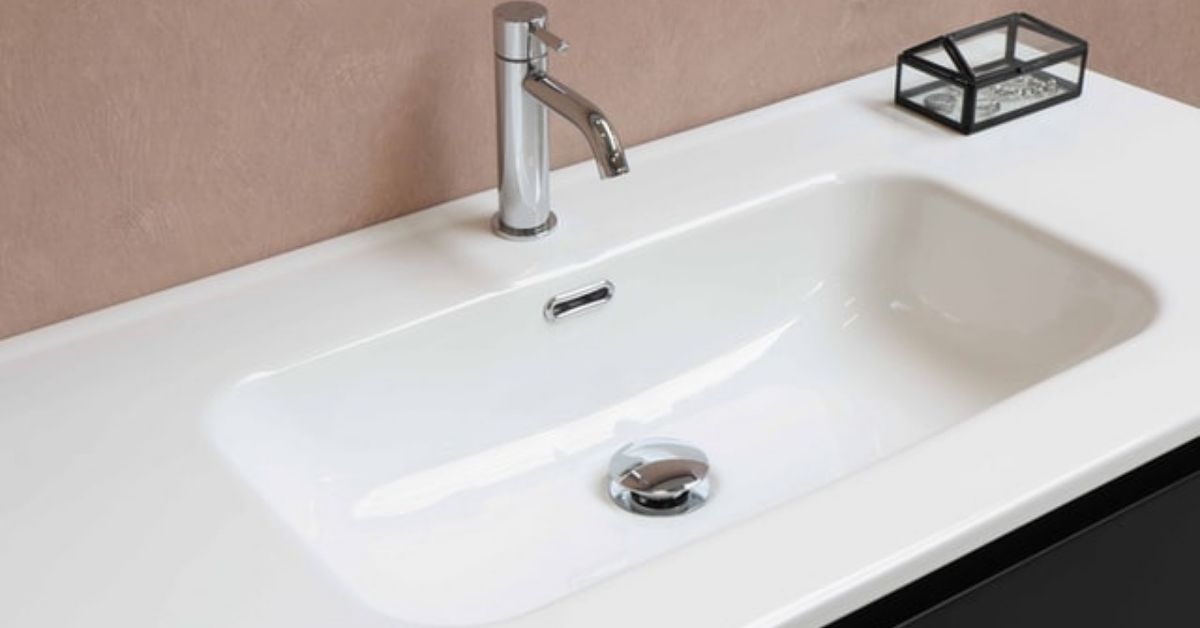
The Importance of a Functional Bathroom
 A bathroom is an essential part of any house design. It is a space where we start and end our day, and it should be a place of comfort and functionality. However, a slow-flowing bathroom sink can quickly turn this daily routine into a frustrating experience. Not only does it create a nuisance, but it can also be a sign of a more significant plumbing problem. But before calling a plumber, there is a simple and natural solution that can help with the slow flow - baking soda.
A bathroom is an essential part of any house design. It is a space where we start and end our day, and it should be a place of comfort and functionality. However, a slow-flowing bathroom sink can quickly turn this daily routine into a frustrating experience. Not only does it create a nuisance, but it can also be a sign of a more significant plumbing problem. But before calling a plumber, there is a simple and natural solution that can help with the slow flow - baking soda.
The Culprit Behind Slow Flowing Sinks
 The main reason behind slow-flowing bathroom sinks is the buildup of debris and gunk in the pipes. Over time, hair, soap scum, and other particles can accumulate and create blockages. This buildup restricts the flow of water, causing it to drain slowly. Ignoring this issue can lead to more severe problems, such as clogs and leaks.
The main reason behind slow-flowing bathroom sinks is the buildup of debris and gunk in the pipes. Over time, hair, soap scum, and other particles can accumulate and create blockages. This buildup restricts the flow of water, causing it to drain slowly. Ignoring this issue can lead to more severe problems, such as clogs and leaks.
How Baking Soda Can Help
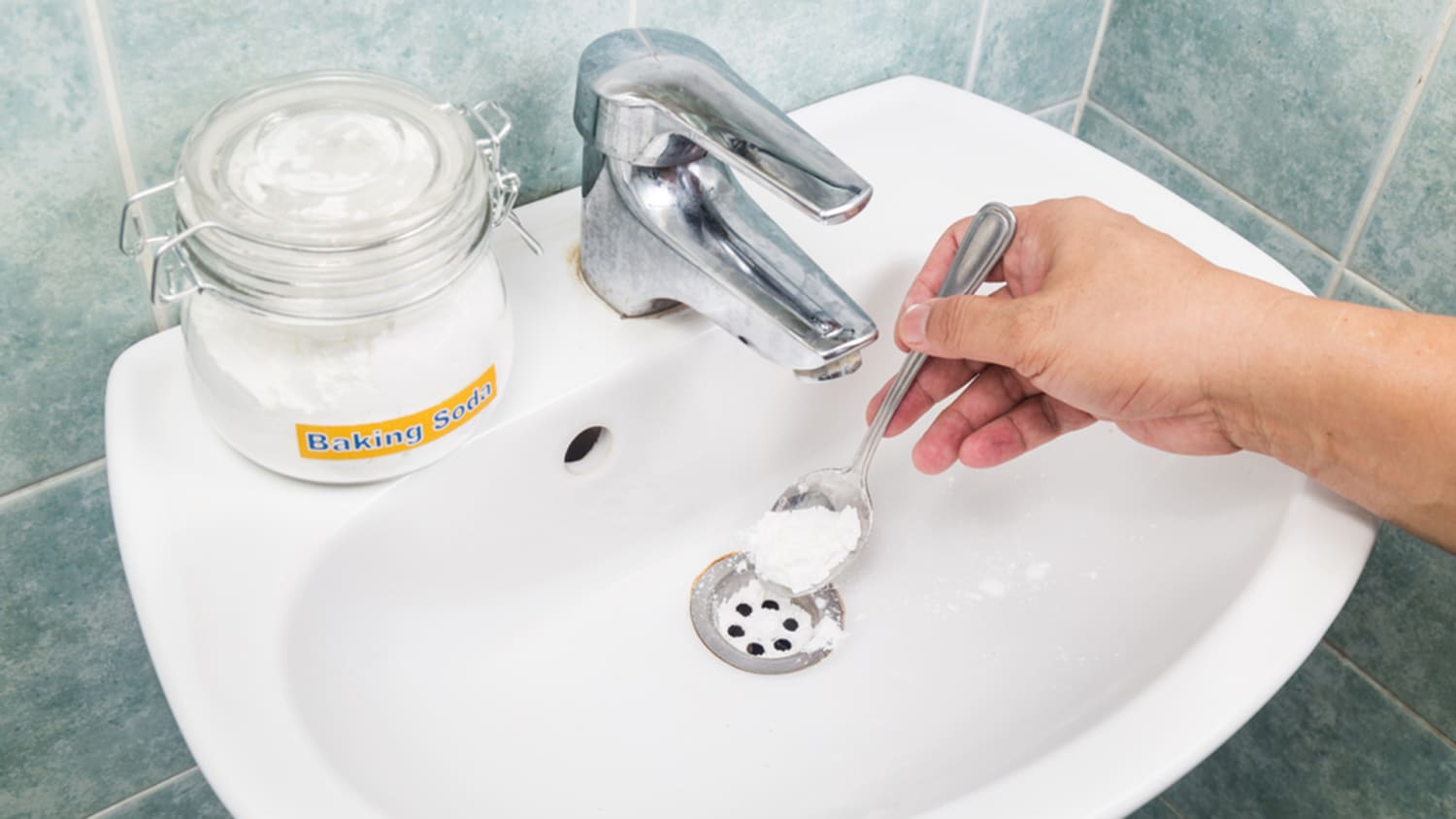 Baking soda, also known as sodium bicarbonate, is a natural and inexpensive household product that can effectively unclog and clean your bathroom sink. Its chemical properties make it an excellent cleaning agent that can break down and dissolve the buildup in your pipes. Baking soda is also gentle on your pipes, making it a safe and eco-friendly solution.
Baking soda, also known as sodium bicarbonate, is a natural and inexpensive household product that can effectively unclog and clean your bathroom sink. Its chemical properties make it an excellent cleaning agent that can break down and dissolve the buildup in your pipes. Baking soda is also gentle on your pipes, making it a safe and eco-friendly solution.
The Simple Process of Using Baking Soda
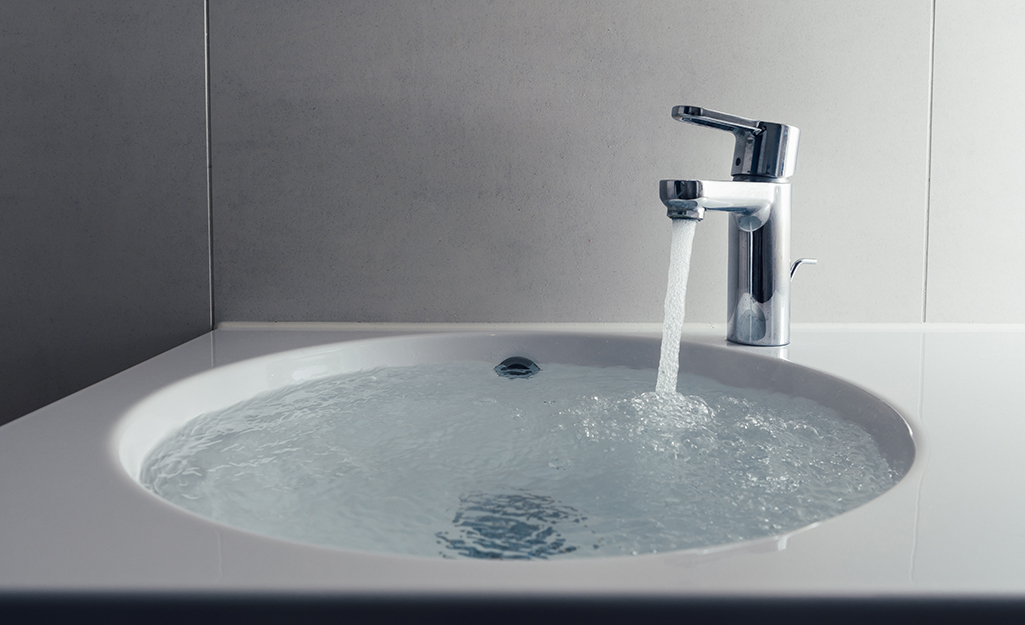 Using baking soda to clean your bathroom sink is a straightforward process. Start by pouring a cup of baking soda down the drain, followed by a cup of white vinegar. The combination of these two ingredients will create a chemical reaction that will break down the debris and gunk. After a few minutes, pour hot water down the drain to flush out the remaining residue. Repeat this process once a month to prevent future blockages and maintain a clean and functional bathroom sink.
Using baking soda to clean your bathroom sink is a straightforward process. Start by pouring a cup of baking soda down the drain, followed by a cup of white vinegar. The combination of these two ingredients will create a chemical reaction that will break down the debris and gunk. After a few minutes, pour hot water down the drain to flush out the remaining residue. Repeat this process once a month to prevent future blockages and maintain a clean and functional bathroom sink.
Other Benefits of Baking Soda in Your Bathroom
 Aside from unclogging and cleaning your bathroom sink, baking soda has other benefits in your bathroom. It can help remove stubborn stains on your tiles, tub, and toilet. It also has deodorizing properties, making it an excellent natural alternative to air fresheners.
Aside from unclogging and cleaning your bathroom sink, baking soda has other benefits in your bathroom. It can help remove stubborn stains on your tiles, tub, and toilet. It also has deodorizing properties, making it an excellent natural alternative to air fresheners.
In Conclusion
 A slow-flowing bathroom sink can be a frustrating and inconvenient problem in any house design. However, with the help of baking soda, you can easily unclog and clean your sink without the use of harsh chemicals. Its natural and eco-friendly properties make it a practical and efficient solution for maintaining a functional and beautiful bathroom. So the next time you encounter a slow-flowing bathroom sink, remember to reach for the baking soda.
A slow-flowing bathroom sink can be a frustrating and inconvenient problem in any house design. However, with the help of baking soda, you can easily unclog and clean your sink without the use of harsh chemicals. Its natural and eco-friendly properties make it a practical and efficient solution for maintaining a functional and beautiful bathroom. So the next time you encounter a slow-flowing bathroom sink, remember to reach for the baking soda.

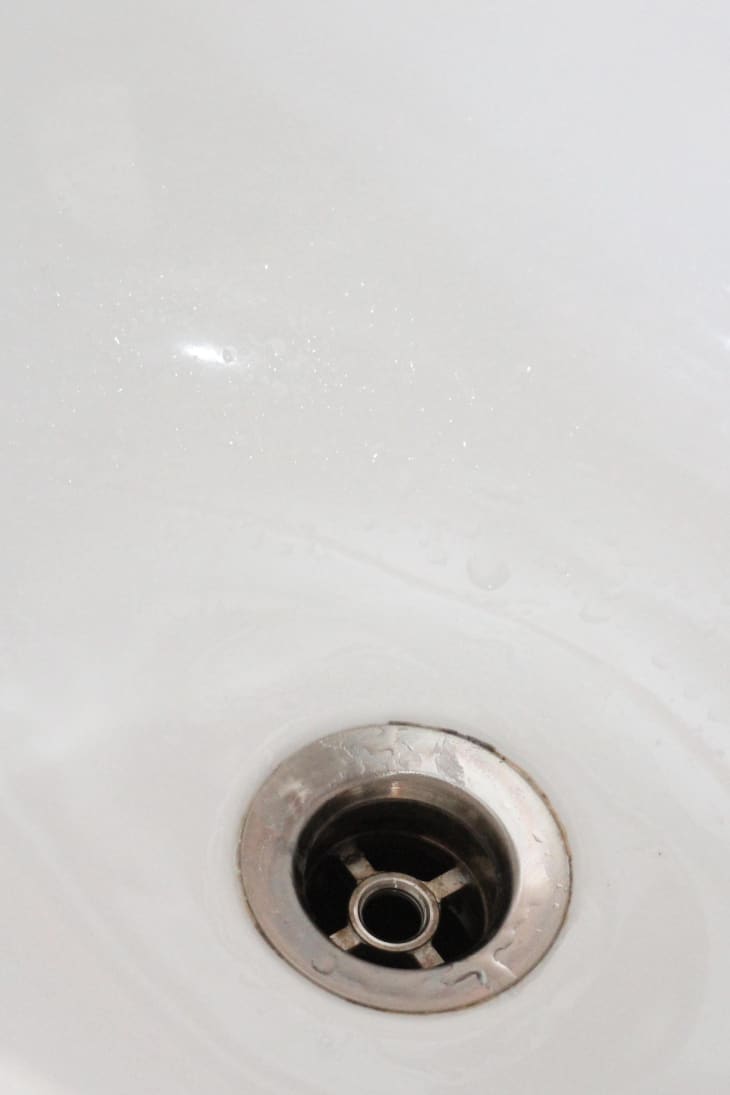





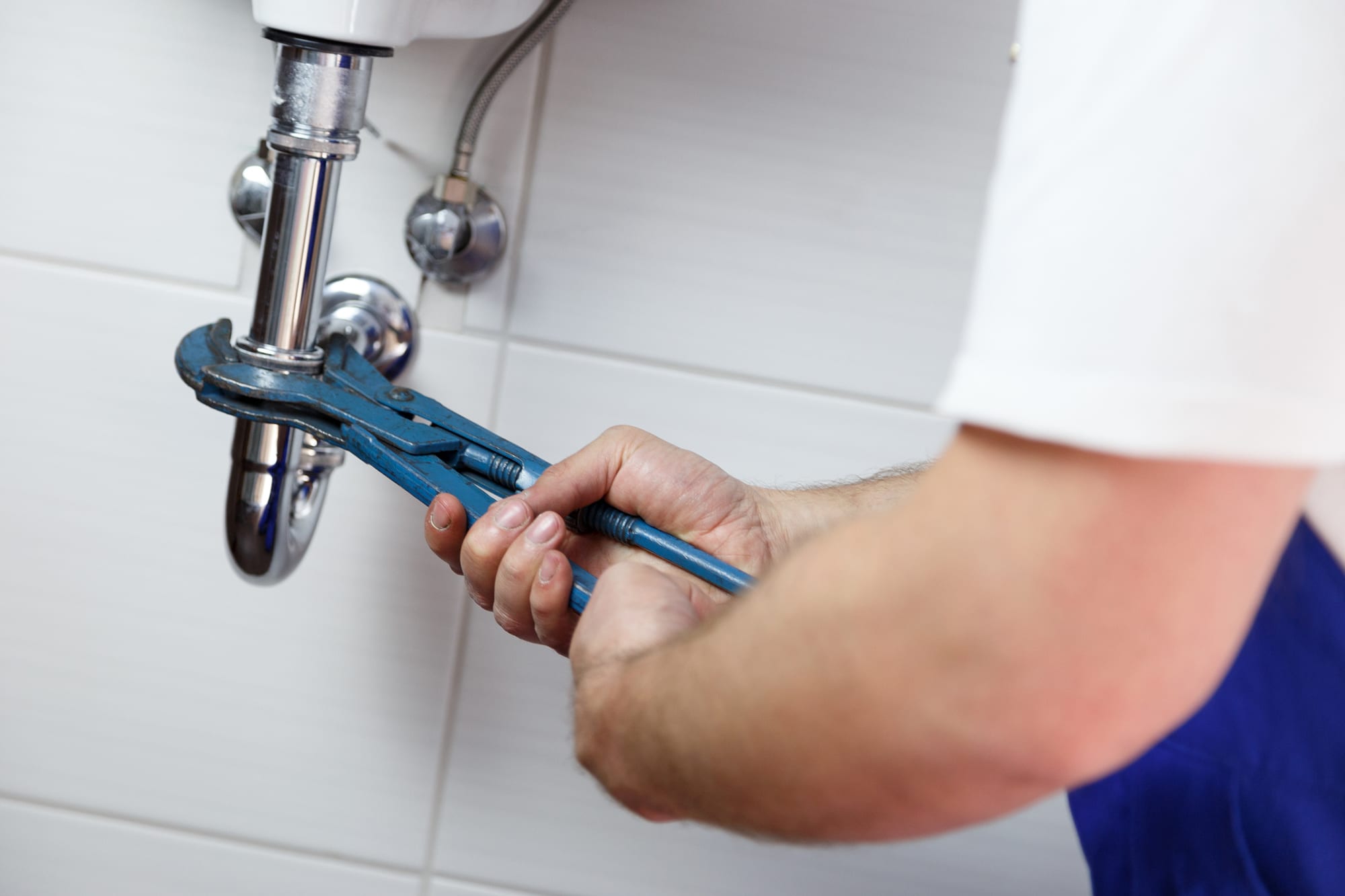
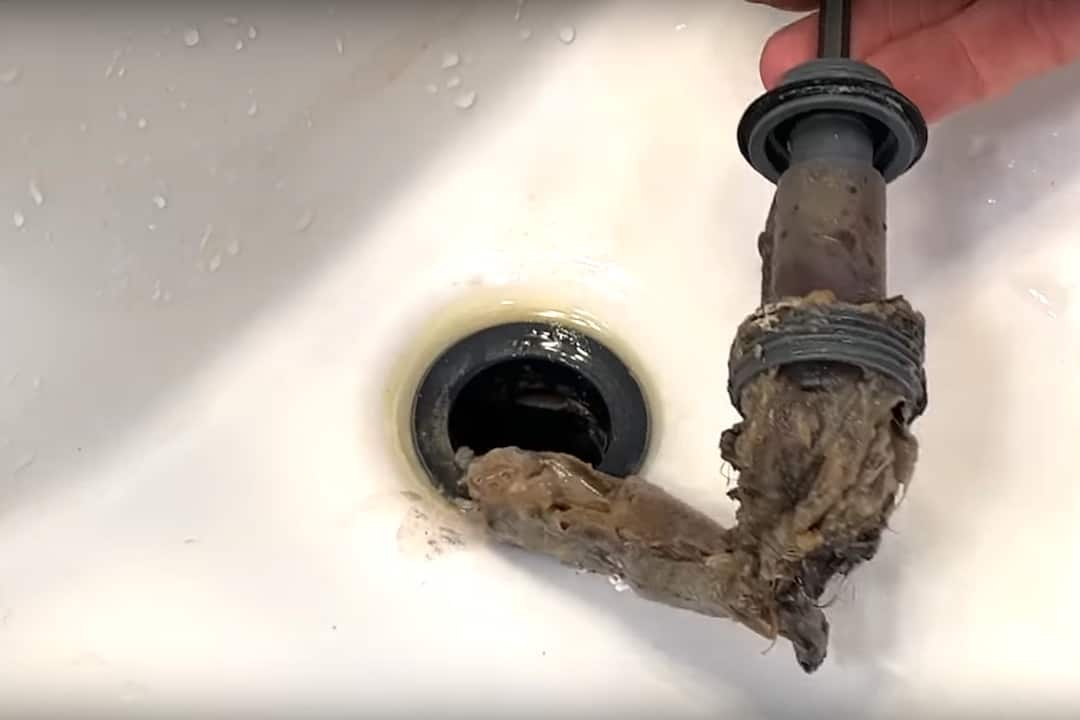




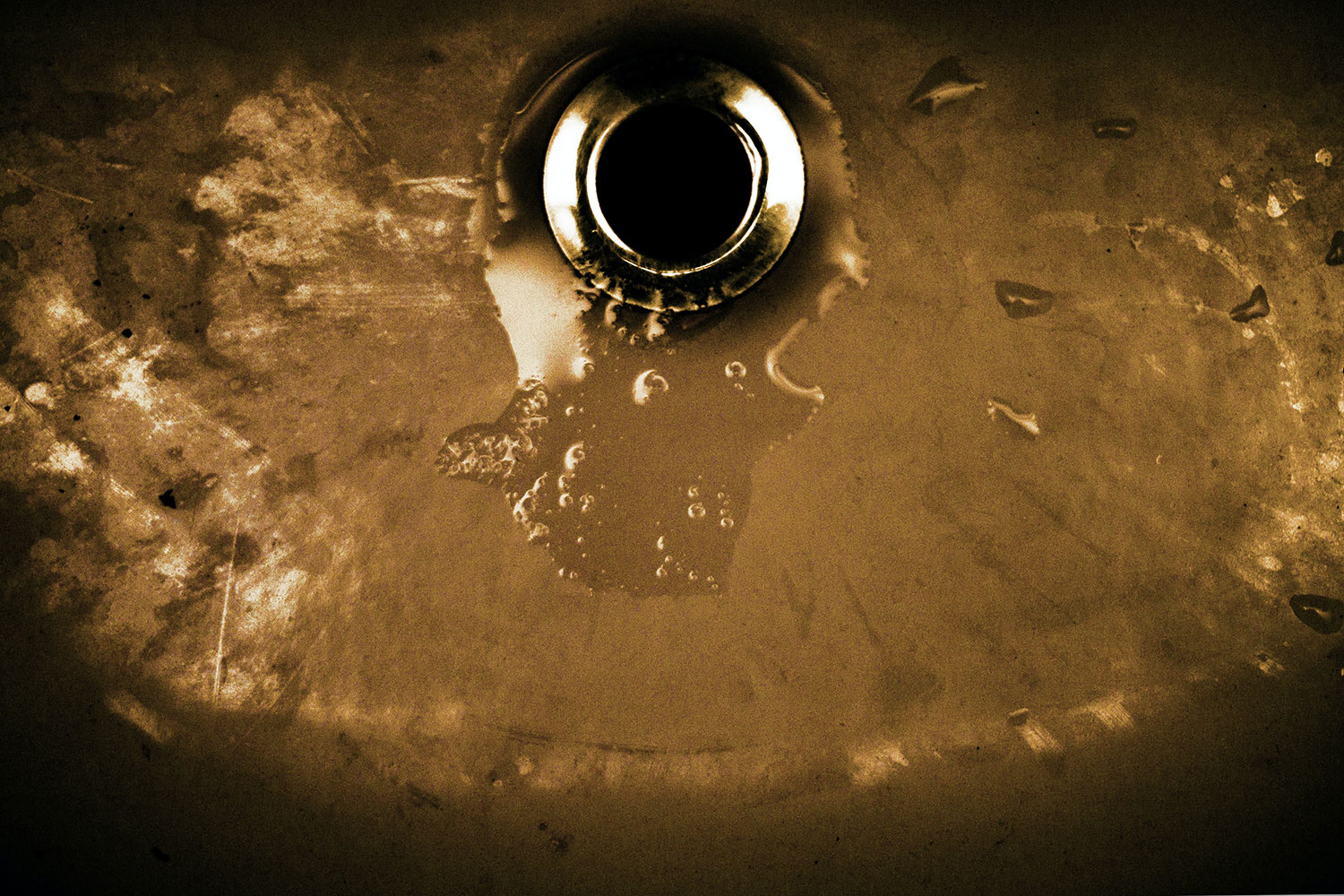
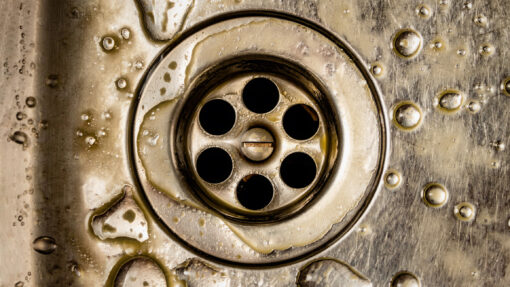
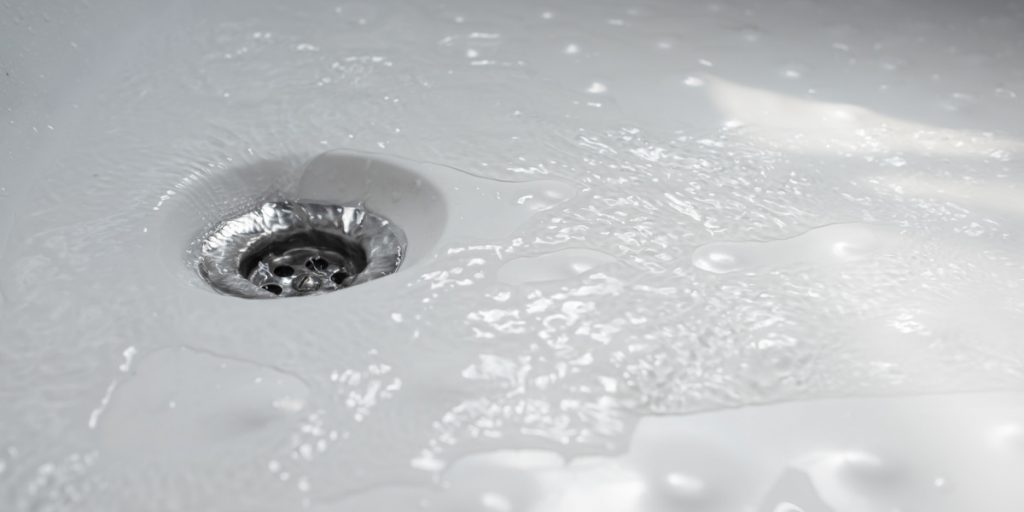

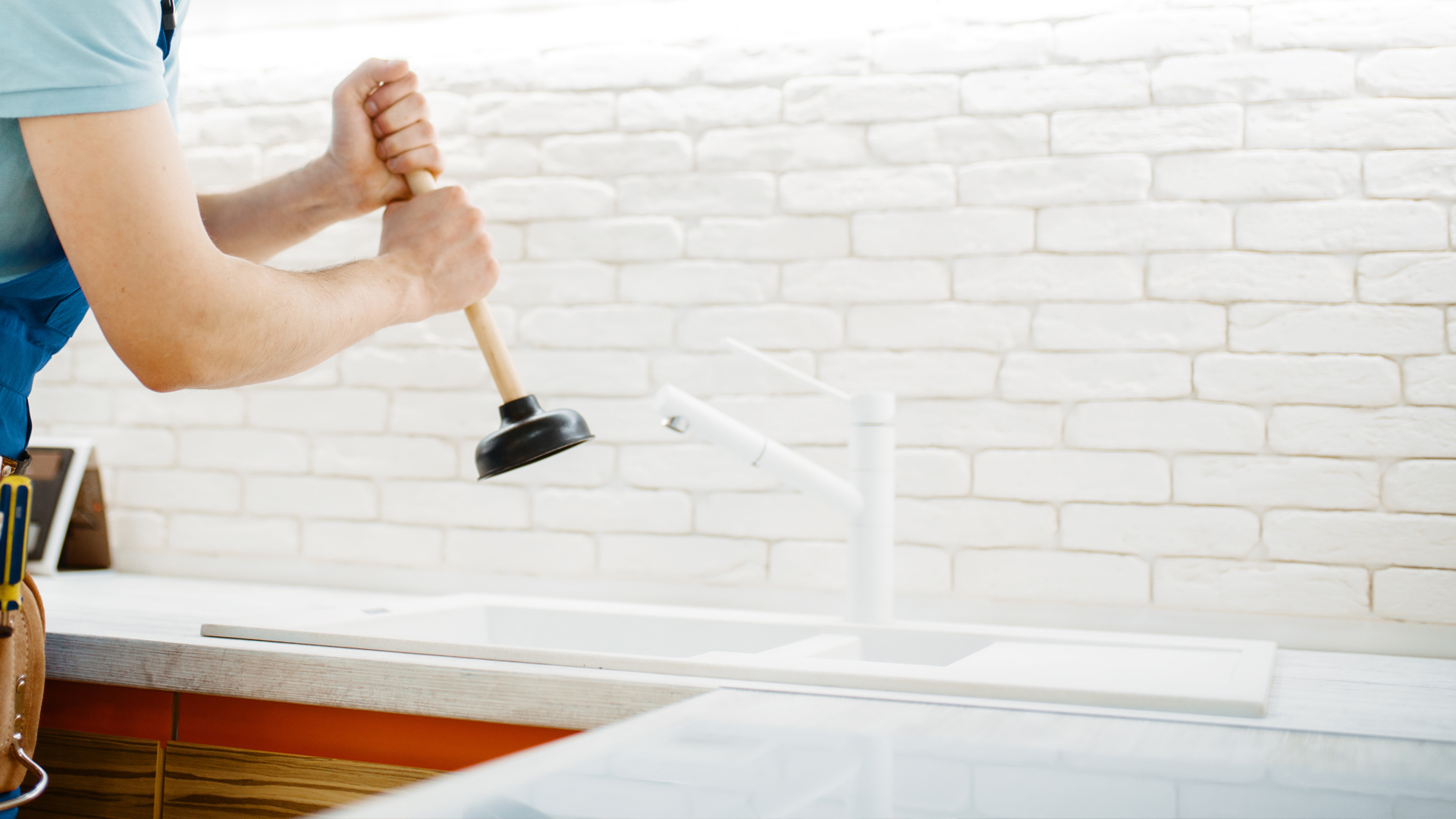






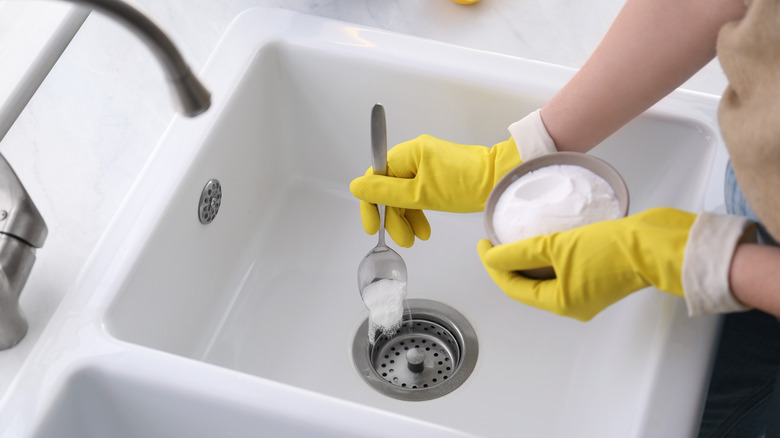

:max_bytes(150000):strip_icc()/freshen-and-unclog-drain-with-baking-soda-1900466-22-bbf940b70afa4d5abef0c54da23b1d3f.jpg)
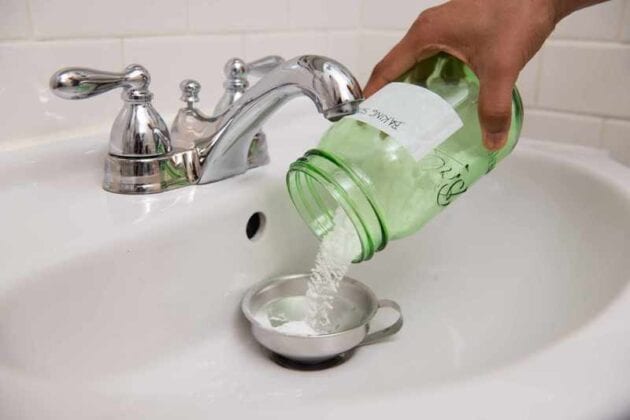









:max_bytes(150000):strip_icc()/Five-Ways-to-Fix-a-Slow-Sink-Drain-03-24c1f6dd477d46b9b5d1f70952a76933.jpg)
